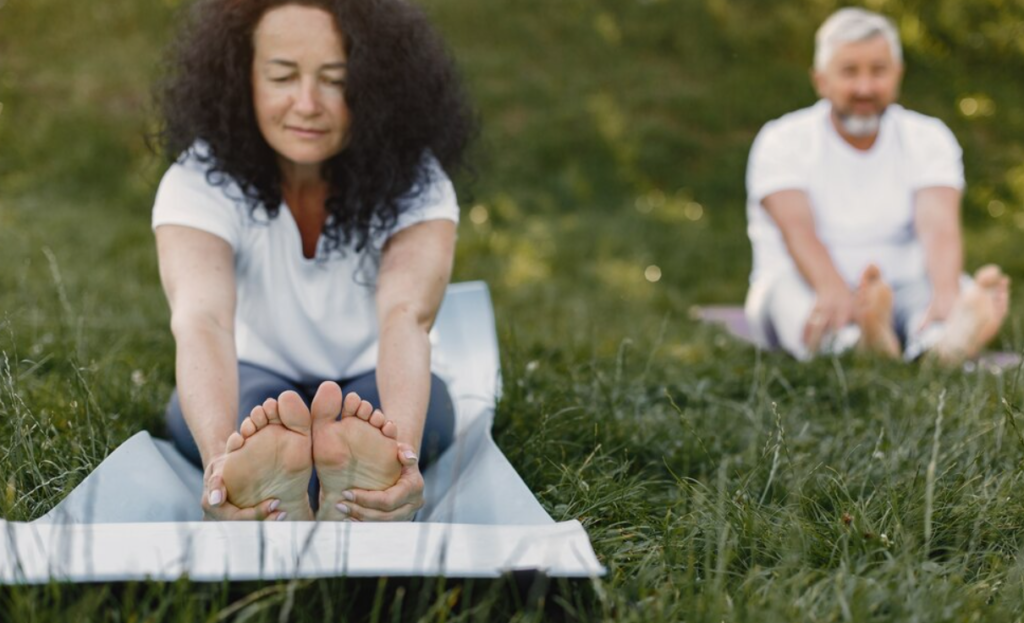“Volunteering as a Lifeline: How Helping Others Saved John” could tell the inspiring story of John, someone who found purpose, healing, and redemption through the act of helping others. At a time when John felt lost and disconnected from life, volunteering became his lifeline, showing him that by lifting others up, he could also lift himself out of his struggles. His story would be a testament to the transformative power of service and human connection.
John’s Struggles and Feelings of Hopelessness
John might have faced a series of personal challenges that left him feeling adrift. Whether it was the result of a major life event like losing a job, going through a divorce, battling mental health issues, or grappling with a sense of purposelessness, he found himself in a dark place. John felt isolated and disconnected from those around him, unsure of how to find his way back to a meaningful life.
He may have spent days or even months feeling stuck, unsure of how to move forward. Attempts to improve his situation—whether through therapy, self-help books, or personal reflection—could have felt like they weren’t getting him anywhere. The darkness seemed overwhelming, and John struggled to find a reason to get out of bed each day.
The Decision to Volunteer: A Turning Point
John’s decision to start volunteering could have been sparked by a chance encounter or a suggestion from a friend, or perhaps it was something he decided to do on a whim—an act of desperation to shake things up. He might have signed up to help at a local shelter, food bank, or community center, not knowing what to expect. At first, the idea of giving his time and energy to others when he felt so depleted himself might have seemed counterintuitive.
But as John began volunteering, something unexpected happened. Being in the presence of people in need, whether they were homeless individuals, struggling families, or people facing their own challenges, shifted his perspective. He realized that, despite his own struggles, he still had something to offer. The simple act of showing up and helping others gave him a renewed sense of purpose.
Finding Healing Through Service
As John continued to volunteer, he may have discovered that helping others wasn’t just about making a difference in their lives—it was also healing him in ways he hadn’t anticipated. By focusing on the needs of others, John found that his own worries began to feel less overwhelming. Volunteering gave him a sense of structure and routine, helping him re-engage with life in a meaningful way.
Interacting with those who were going through their own hardships gave John a sense of empathy and connection. He might have met people whose stories reminded him of his own struggles, and in helping them, he began to understand that he wasn’t alone in his pain. These shared experiences allowed John to process his own emotions and recognize that everyone is fighting their own battles, which in turn made his burdens feel lighter.
Building Relationships and Community
One of the most significant aspects of John’s journey might have been the relationships he formed while volunteering. By working alongside other volunteers and getting to know the people he was serving, John rebuilt his sense of community and connection. He realized that he wasn’t just helping others—he was also being helped. The camaraderie and sense of belonging that grew from his volunteer work became an important part of his healing process.
Through these relationships, John rediscovered his confidence and self-worth. Volunteering allowed him to see the impact he was making, no matter how small, and it reminded him that his life had value and meaning. The gratitude of those he helped and the support of fellow volunteers became a source of strength that helped him continue his journey toward recovery.
A New Purpose and Path Forward
As John became more involved in volunteering, he may have found a new sense of purpose and direction. What started as a way to fill his time and cope with his own struggles evolved into a passion. John might have taken on more responsibilities, perhaps organizing events, mentoring others, or advocating for the causes he cared about.
Volunteering didn’t just save John from his own darkness—it gave him a new way to move forward. By helping others, he had found a way to help himself, and the lessons he learned through service became an integral part of his personal growth. He realized that healing often comes from stepping outside of ourselves and that by being there for others, we can rediscover our own resilience and strength.
The Lifelong Impact of Volunteering
In the end, John’s story would show how volunteering became a lifeline that not only pulled him out of his struggles but also transformed his life. The experience gave him a renewed sense of purpose, a deeper understanding of empathy and human connection, and a path forward that was grounded in service to others.
“Volunteering as a Lifeline” would ultimately be about the power of giving back and how, in helping others, we can find hope, healing, and a way to heal ourselves. John’s story would inspire readers to consider how acts of service, no matter how small, can create a ripple effect—changing lives, including our own.





